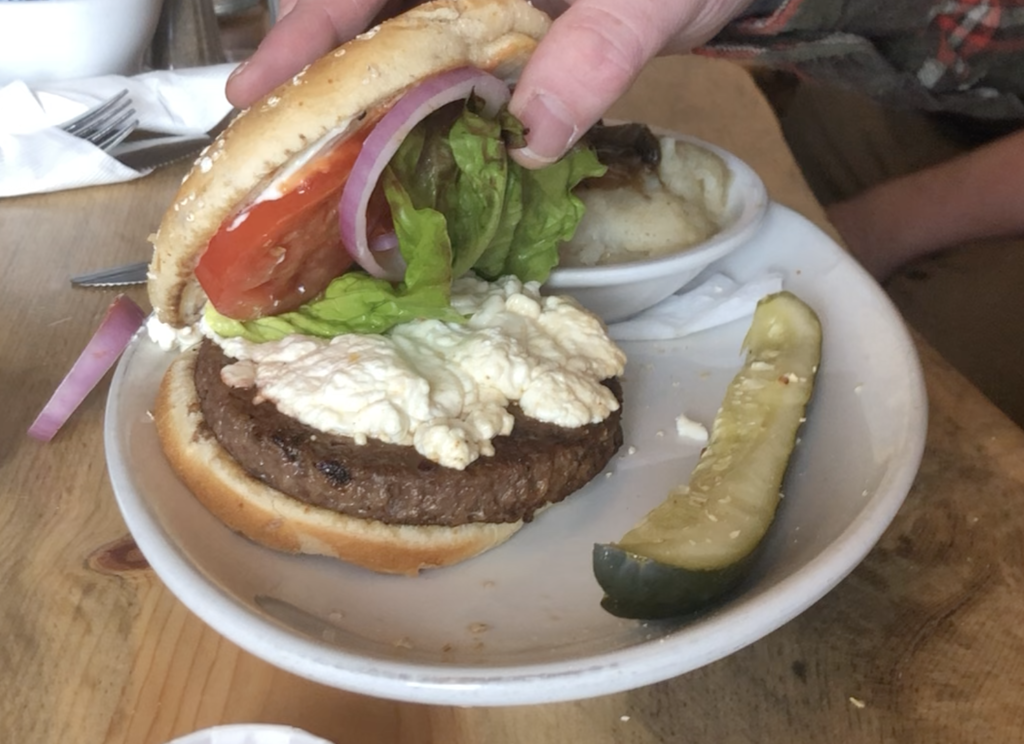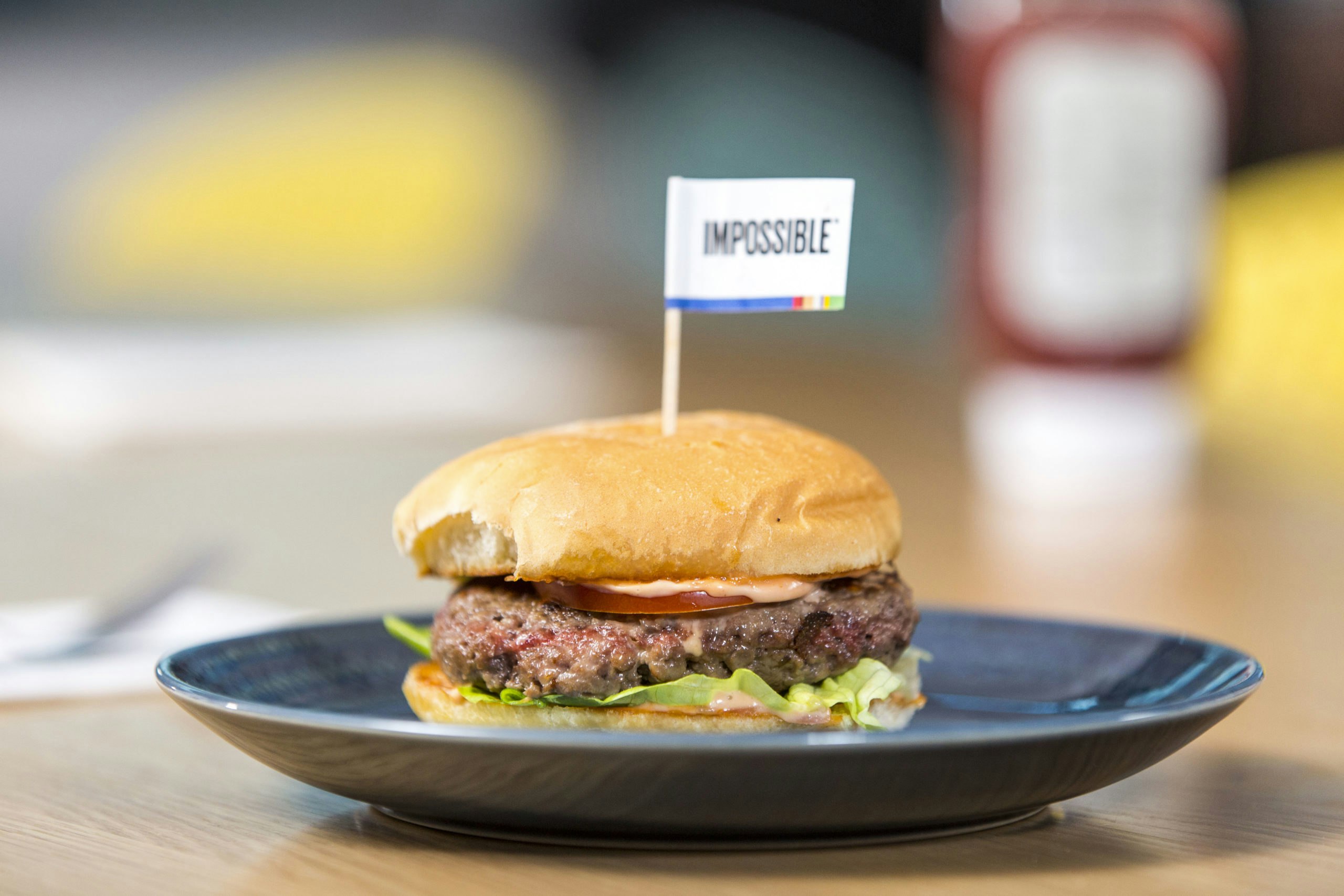Despite a growing trend toward meatless meal options, Wyoming’s beef producers are not seeing much of a decline in the demand for their product.
Plant-based meat substitutes are popping up in supermarkets and restaurants across the country. Burger King sells its Impossible Whopper, Qdoba has an Impossible fajita and burrito. Even Dunkin’ Donuts is selling a plant-based patty as a sausage substitute on its breakfast menu.
Although plant-based meat substitutes are more available than ever, their presence in the market has not dampened the demand for Wyoming beef, said Jim Magagna, executive vice president of the Wyoming Stock Growers Association.
“I think it’s gotten a huge amount of media attention because it’s something new,” Magagna said. “The media attention far exceeds what it’s gotten in the meat case and grocery stores or food establishments. At this point in time, the percentage of the market they’ve taken is so very small that we certainly haven’t felt an economic impact, but that could come if this continues to grow.”
WSGA figures show plant-based foods make up a little more than 1 percent of the beef market.
“The hype would lead you to believe it’s taking over the country and I dont see any evidence of that,” Magagna said.
The majority of current media attention is centered around meatless products from a company called Impossible Foods, founded in 2011 by Dr. Patrick O. Brown.
Impossible Foods did not respond to an emailed request for an interview. However, the company’s website said its mission is to end the use of animals to make food. The company’s goal is to make convincing meat, dairy, and fish from plants-based sources.
In 2016, Impossible Foods launched its first product, the Impossible Burger, a substitute meat patty. Today, it’s served in 15,000 restaurants world wide.
According to the company’s website, the patty used in Burger King’s Impossible Whopper is made of the following ingredients:
•Water
•Soy-protein concentrate
•Coconut oil
•Sunflower oil
•Natural flavors.
Impossible “meat” also contains 2% or less of:
•Potato protein
•Methylcellulose
•Yeast extract
•Cultured dextrose
•Food starch, modified
•Soy leghemoglobin (Heme)
•Salt
•Soy-protein isolate
•Mixed tocopherols (vitamin E)
•Zinc gluconate
•Thiamine hydrochloride (Vitamin B1)
•Sodium ascorbate (vitamin C)
•Niacin
•Pyridoxine hydrochloride (vitamin B6)
•Riboflavin (vitamin B2)
•Vitamin B12.
According to ImpossibleFoods.com, its patty is made mostly of soy protein derived from soybeans.
Another soy ingredient, and the one said to be responsible for the meat-like taste, is soy leghemoglobin.
“Soy leghemoglobin is short for legume hemoglobin — the hemoglobin found in soy, a leguminous plant” said the ImpossibleFoods.com website. “Leghemoglobin is a protein found in plants that carries heme, an iron-containing molecule that is essential for life. Heme is found in every living being — both plants and animals.”
Given the list of ingredients found in the meatless patties, the Wyoming Stock Growers Association is working with legislators to set labeling standards for plant-based products.

“Our big concern and our focus the last couple of years is on how these products are advertised,” Magagna said. “If they are advertised for what they are and it’s fair competition, it’s a free marketplace, as long as it doesn’t lead people to think they are eating real meat when they are eating plant-based products.
“We’ve worked on and are still working on legislation at the national level and we passed a bill here in Wyoming last year in our legislative session, that identifies how those products have to be labeled,” he added.
The introduction of a meat alternative has helped the beef industry better understand what it must do to compete in changing markets, Magagna said.
“There’s plenty of evidence out there that red meat is an important part and a healthy part of a balanced diet,” Magagna said “If it’s done anything, in one way it’s helped us, because it’s inspired us to better recognize the need to market our product and to focus on marketing the healthy attributes of our product”





